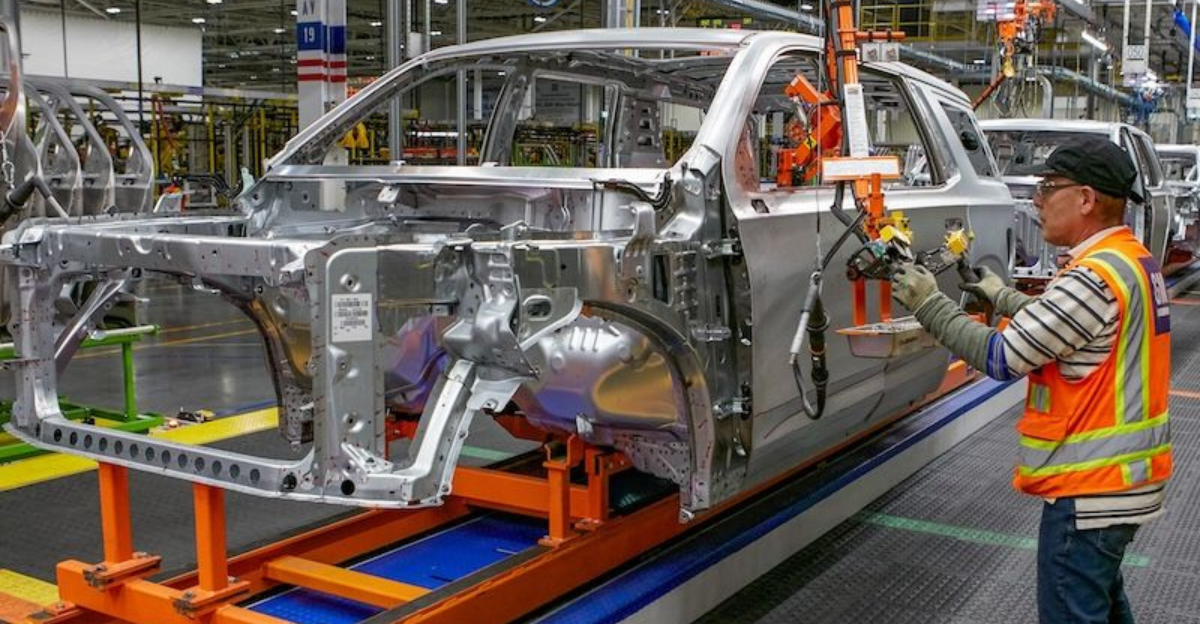
An American car company just reported a staggering $1.1 billion loss, yes with a B, in a single quarter. That massive hit rattled Wall Street and sent shockwaves through the entire auto industry, all thanks to the new U.S. tariffs.
Other car companies also warned that the new rules were starting to cause some serious problems for them, either by putting jobs at risk or making cars more expensive for everyone. It’s going to be a bumpy road ahead for the auto industry as these policies continue.
The Hidden Costs of Trade Policies
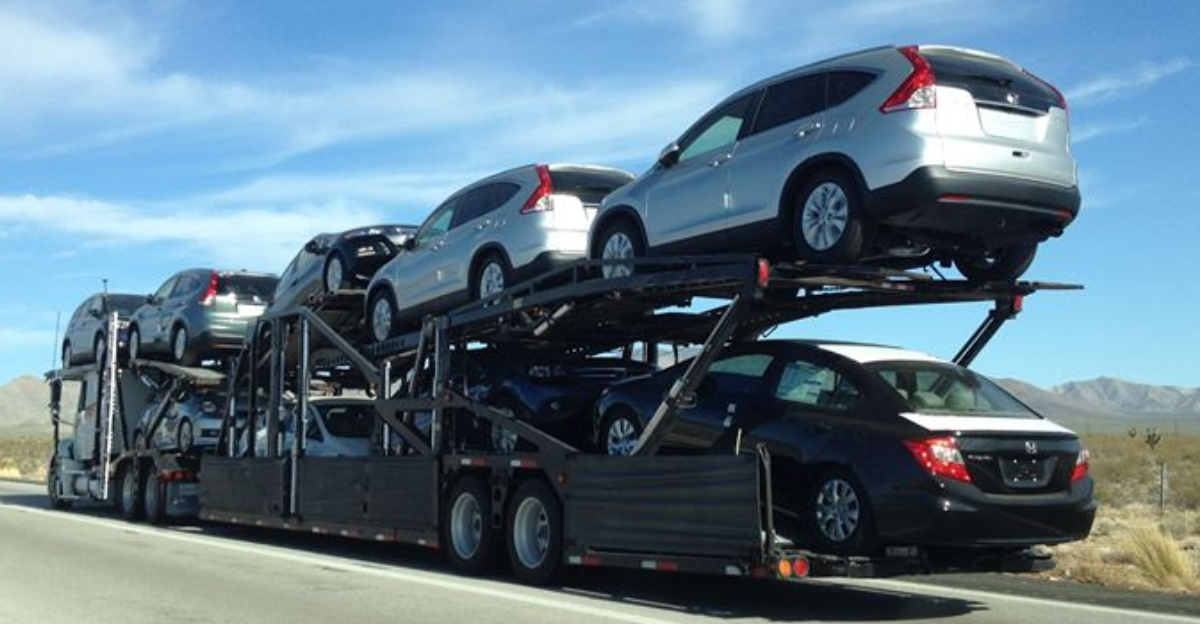
These new tariffs aren’t as simple as a one-time tax since they’re now adding billions to the cost of making cars here in America. Imagine that car parts often zip across borders multiple times during production. That means a single part can get taxed over and over before it even the factory floor. According to experts, the real price of these tariffs isn’t just a number on a spreadsheet, but making every car more expensive. In addition to that, it’s also messing with the supply chain, slowing things down, and putting everyone on edge.
Pressure on American Auto Jobs
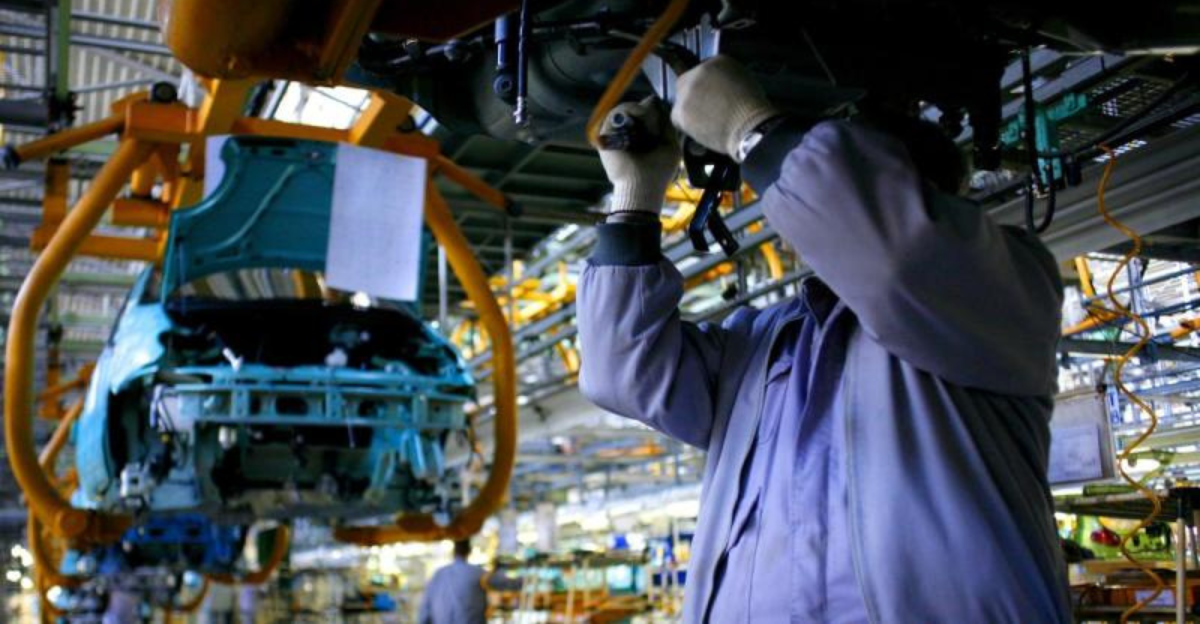
Car companies aren’t just taking the hard blow, but also American car factories and workers. Big names are already sending their employees home because of these extra costs, and many businesses are also cutting back on shifts or temporarily closing down. These situations mean job losses for both main factories and smaller businesses that supply them, especially in states like Michigan and Indiana. Now, here’s the kicker: it’s not just the U.S. companies but also foreign carmakers who built their plants here are now rethinking their future plans because it’s getting more expensive and uncertain to operate.
A Major Carmaker’s Billion-Dollar Setback

You read it right: General Motors, one of the biggest American carmakers, just announced a whopping $1.1 billion loss in just three months because of these new tariffs, making a huge cut from their overall profits by 35% compared to last year. Their profit margins, which show how much money they make on each sale, dropped from a healthy 9% down to a concerning 6.1%, and even their profits from North America alone plummeted by almost half.
Stellantis, the company behind Jeep and Chrysler, is also facing big economic hardships, reporting a loss of over $2.7 billion in just six months due to the same trade policies.
Global Trade Tensions and Reactions
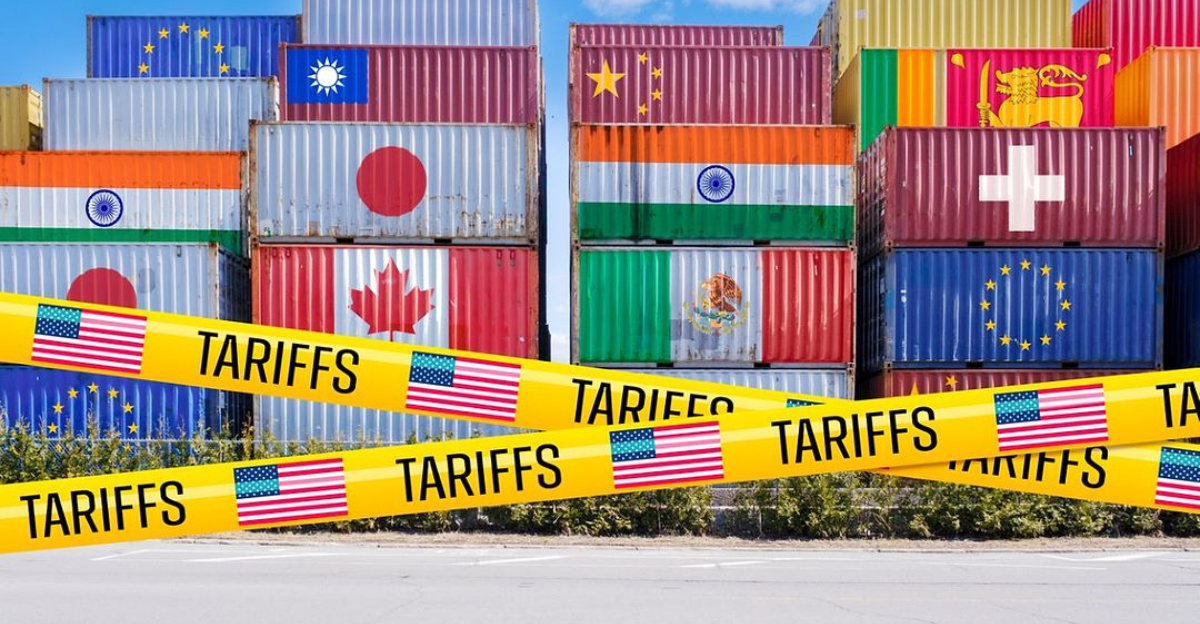
These tariff wars are going international, with countries like Canada, Mexico, the European Union, and Japan now thinking about taxing our goods in return. From car giants to enthusiasts, everyone in the business is warning that these ongoing tensions will make cars more costly and risk jobs everywhere. Playing safe is now the carmakers’ move since the future policy changes are still unknown. Companies are holding off on building new plants or launching interesting new car models. Apparently, some governments and businesses are operating their factories around the world just to avoid these tariffs, which can change where cars are made globally.
Auto Industry’s Balancing Act

Carmakers are now walking on a tightrope. They’re trying their best to cover some of these extra charges from tariffs while still keeping car prices fair for the buyers. Big investment plans, like building new factories, are being held off because of unpredictable costs, just waiting to see if these trade rules will stick around long-term. Now, companies need to decide if they’ll move more production back to the U.S., but that’s a huge commitment given the potential expense and supply chain disruptions. Even car giants like General Motors are reducing their tariff exposure by investing billions in their U.S. plants, although they’re admitting that they just can’t absorb all these new expenses. So, unfortunately, some of those costs will likely end up on the car bills.
Higher Prices for Your Cars

Buyers need to get ready for some sticker shock, because these tariffs could add a hefty $3,000 to $6,000 to the cost of many new cars. And it really doesn’t matter if the car is made right here in America or in other countries, since the costs are gradually coming down. Because of these new rules, American car buyers could end up paying over $30 billion more in a single year, because dealers are raising prices for everything, even used cars. Electric vehicles aren’t safe as well, as their parts come from other countries and are now getting pricier due to these tariffs.
Stretching Families’ Budget

Families are going to have a tough time buying a car right now. More Americans find themselves priced out of the new car market ever since the prices went up. And if they do buy, they’re often stuck with higher loan amounts and, over time, paying more in interest. They now need to focus on more important expenses like groceries or utilities, which means they’re going to look for used vehicles or just hold onto their older cars a little longer. Sure, it may save money, but the thing is: it can lead to more repair and maintenance costs down the drain.
Choices Disappearing at the Dealership
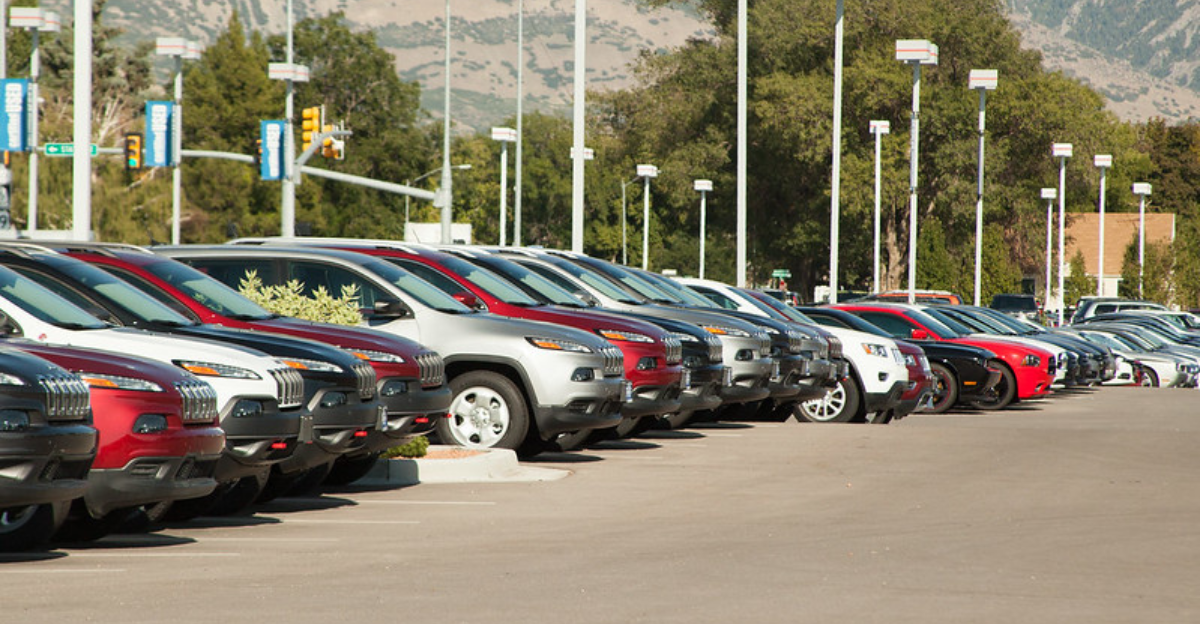
Tariffs are now messing with a lot of car options. They’ve gummed up the supply chain, which means that there are fewer cars to choose from on dealership lots, shrinking the varied and readily available models. Since dealers are now leaning more towards selling cars made in the country, the buyers’ choices are now limited, especially when eyeing a specific model with unique features. It’s definitely making it harder for folks to find exactly what they want due to fewer and fewer options, all thanks to the tariffs imposed here in the country.
Impact to America’s Economic Future
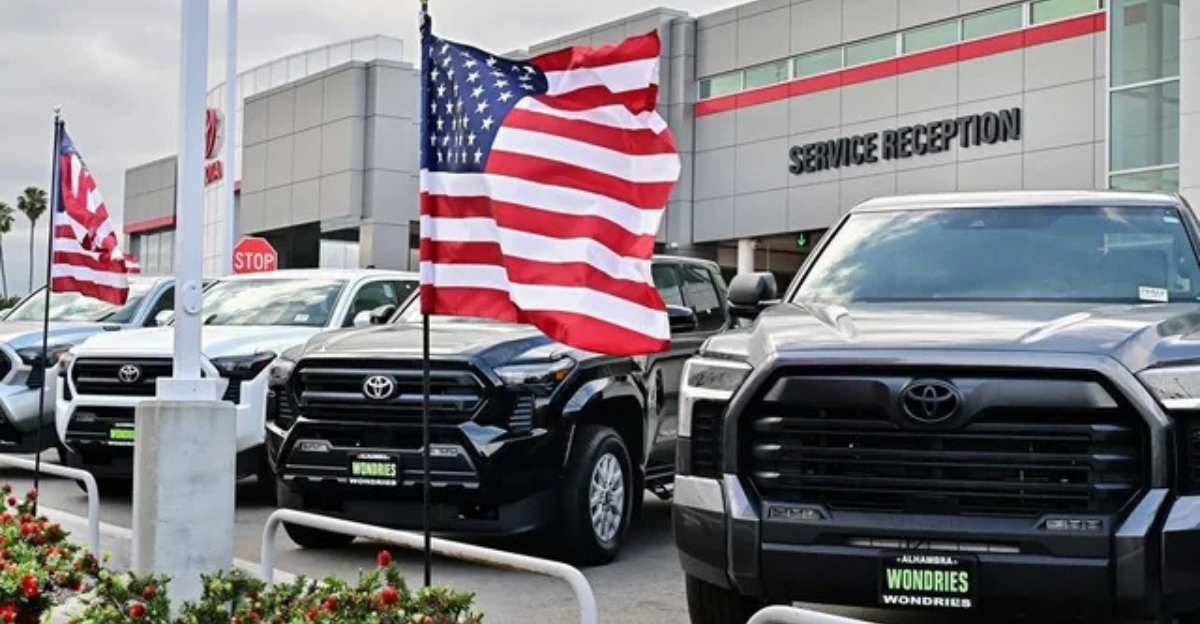
The auto industry is a huge deal for the U.S. economy because it’s woven into almost everything. Yes, we’re talking about supporting around 10 million jobs and making up nearly 5% of our nation’s entire economic landscape.
There’s a major concern that if these trade problems keep going, the American economy could lose up to 20% of new car sales. This isn’t just bad for carmakers since it could also affect jobs in every business that supplies the parts, does maintenance or offers related services. It’s not only about cars, it’s about the very engine of America’s economy.